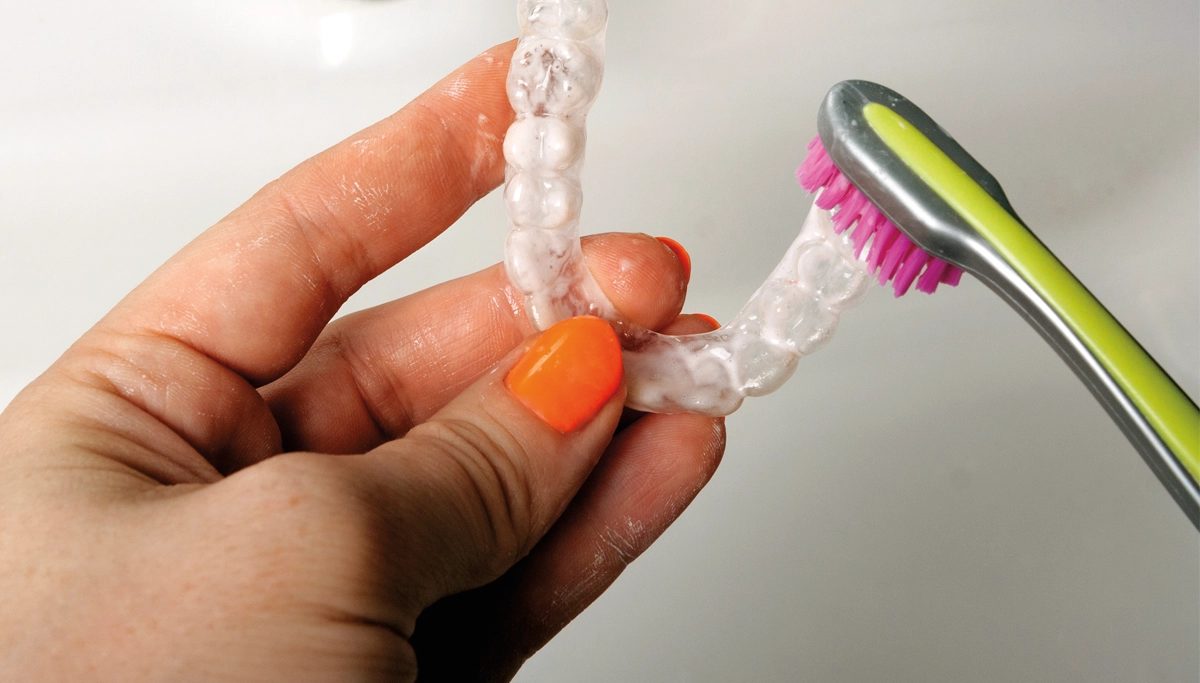Routine cleaning
Different types of dental cleanings
A major advantage of having dental benefits is access to affordable care when you need it — so you always have help maintaining a clean, healthy smile.
Depending on your oral health needs, your dentist can perform several different cleaning treatments, from a routine checkup to deeper treatments such as scaling and root planing. Let’s review what you can expect from each one.
Full mouth debridement
This is similar to a routine cleaning, but it takes longer and is performed on patients who have had plaque and tartar build up over a period of years. The presence of the plaque and tartar makes it difficult to assess your oral health, so this deep, full mouth cleaning will need completed before checking for any undiagnosed oral health issues. In certain cases, a special tool may be used to break up the tartar and plaque with ultrasonic vibrations so that it can be removed more easily.
Scaling and root planing
Periodontal pockets are spaces or openings that can develop near your gum line. They are difficult to clean and can collect bacteria, which can lead to mild to moderate gum disease or bone loss around the teeth. When this happens, your dentist may recommend a treatment called scaling and root planing.
-

Scaling cleans the surfaces of your teeth and below your gumline. This is typically done using dental instruments that chip away tartar and a high-powered water spray to wash away plaque.
-

Root planing is when your dentist uses special tools to smooth the root surfaces of your teeth. Since plaque and bacteria are hard to remove from rough areas of your root surfaces, this smoothing helps prevent further buildup and reduces inflammation.
Your dentist or dental hygienist typically will not perform scaling and root planing on your entire mouth in one appointment, and it generally requires the use of a local anesthetic, Novocain. Instead, the procedure is completed over the course of at least two visits.
Maintain regular dental appointments and a daily oral health routine to reduce the likelihood you will need a full mouth debridement, or scaling and root planing treatment. Brush twice per day with a fluoride toothpaste and a soft-bristled toothbrush, reaching the entire surface of each tooth, and remember to floss daily.
Dental benefits lead to clean, healthy smiles
No matter what oral health issues you face, your dentist can help you maintain a strong, clean smile. Dental benefits help make this more affordable, with most plans covering 100% of routine checkups and a certain portion of other procedures and treatments.
If you’d like to locate an in-network dentist near you, visit deltadental.com. Members can log in to review their complete plan details.






